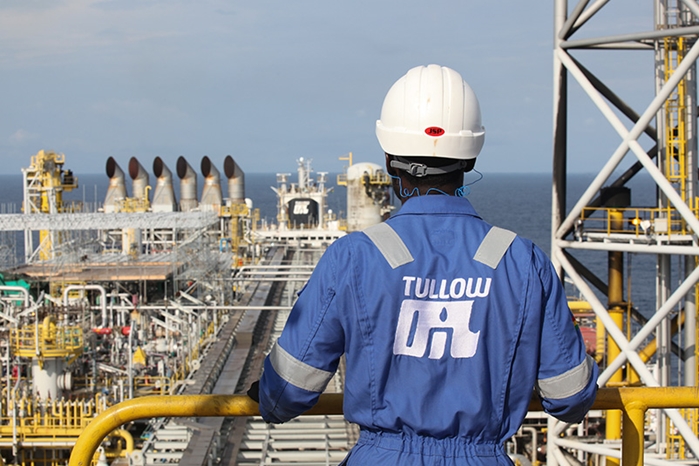Kenya’s South Lokichar Basin by Tullow Oil, where Financial Investment Decision is expected before end of the year amidst rising tensions with the Turkana local community, has been named as one of the ten developments that will shape Africa’s energy sector in 2019.
The African Energy Chamber says the year will be key for the advancement of new exploration and production development projects from West to East Africa as independents are leading the way in exploring and opening up new frontiers across Africa.
Other notable developments to watch include Senegal’s SNE field development, where Front End Engineering and Design works are ongoing and FID is expected by Woodside Energy and Cairn Energy this year, and Niger’s Amdigh oilfield development, where Savannah Petroleum’s $5m early production scheme is set to start anytime soon.
“After a year of rebound and recovery, Africa’s old and new hydrocarbons markets have an opportunity to further entrench the continent’s position as the world’s hottest oil and gas frontier in 2019,” said African Energy Chamber in a statement.
However, the year also brings a new set of dynamics and challenges set to influence the future of the industry, from presidential elections to megaprojects developments, amidst intensifying international competition.
“Ongoing bidding rounds in key existing and new African hydrocarbons markets will tell if Africa further confirms its position as the world’s new exploration hotspot and manages to attract necessary investment in its oil and gas acreages,” added the Africa Energy Chamber.
Amongst well-established African producers, OPEC members Gabon and Congo-Brazzaville each have ongoing bidding rounds. Gabon’s 12th shallow and deep-water licensing round is set to close in April 2019 and Congo-Brazzaville’s License round phase II in June 2019. With both countries struggling to implement their new Hydrocarbons Codes, the success of these rounds will tell if investors have been convinced by policy reforms developed over the past two years.
Two bigger African producers and also OPEC members, Nigeria and Angola, are set to launch landmark and out-of-the-ordinary bidding rounds this year. Nigeria will auction its gas flare sites under the Nigerian Gas Flare Commercialisation Programme, likely to happen after the February general election, and Angola will hold its Marginal Fields Bidding Round, result of a new May 2018, and to be launched at the Africa Oil and Power conference in Luanda in June 2019.
With the Nigerian Petroleum Industry Bill yet to be signed and the ink still fresh on Angola’s new policy regime, both rounds will also be key in assessing investors’ interest for both countries’ business environments.
Also attracting interest is the newest and arguably one of the upcoming entrants – Ghana – holding its 1st formal licensing round set to close in May 2019 which has reportedly got the attention of 16 oil companies, including majors ExxonMobil, BP, Total and ENI.
As a hopeful new East African offshore frontier, Madagascar is also putting 44 concessions on offer until May 2019, none of which has ever been tendered or explored before. For a country without any major oil discovery to date, the ongoing license round is a wager test.
New entrants in Africa’s hydrocarbons stage are making remarkable advances towards the development of their own FLNG industry. On December 21st last year, BP finally announced its FID for phase 1 of the cross-border Greater Tortue Ahmeyim development between Senegal and Mauritania, which involves the installation of a 2.5MTPA FLNG facility. It became the third African FLNG project to reach FID after Cameroon’s 2.4MTPA Hilli Episeyo and Mozambique’s 3.4MTPA Coral South FLNG.
With Uganda set to join the club of African petroleum producers by the early 2020s, efforts are on the way to develop adequate infrastructure for the evacuation of oil that will be produced from the Lake Albert Basin. The project seemed to be positively moving forward when Uganda and Tanzania exchanged the inter-governmental agreement for the 1,443km East African Crude Oil Pipeline in May 2017.
However, the partners in the pipeline’s construction, French major Total, China’s CNOOC and Tullow Oil, are yet to make a final investment decision on the project.
Meanwhile, the Host Government Agreements are to be signed this January, but delays in concluding the pipeline’s financial deal have already pushed back Uganda’s oil production ambitions from 2020 to 2021.
The pipeline is crucial for the further integration of the East African community and to set a positive record of joint planning, financing and implementation of landmark energy projects in the region.




